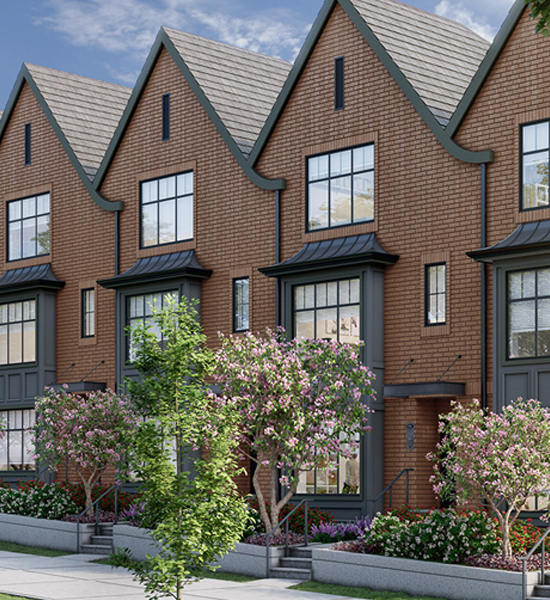-
emaloof@aol.com Drop us a line
-
1.919.587.1788 Make a call

HOA dues are a vital aspect of community living, providing the financial backbone for maintaining common areas, amenities, and essential services within a homeowners’ association (HOA). These dues typically cover expenses such as landscaping, trash removal, security services, and maintenance of community facilities like pools, gyms, and clubhouse. By pooling resources through dues, residents ensure that their neighborhood remains well-kept and attractive, thereby preserving property values and enhancing the overall quality of life.
It’s important for homeowners to understand the breakdown of HOA dues and how they contribute to the community’s upkeep. Transparency regarding budget allocations, projected expenses, and any proposed increases helps build trust and accountability within the association. Residents should have access to financial statements and be given opportunities to provide input on budgetary decisions through HOA meetings or forums.
HOA dues, integral to community upkeep, fund various essential services like landscaping, security, and facility maintenance. These contributions ensure neighborhoods remain attractive and property values stay high.
Transparency in budgeting fosters trust among homeowners, allowing them to understand where their money goes and participate in decision-making processes. Timely payment of dues is crucial for the association’s financial stability, preventing deferred maintenance or unexpected assessments.
Clear communication about payment deadlines and consequences for non-payment helps maintain compliance and the overall well-being of the community. Ultimately, HOA dues serve as a collective investment in preserving the quality of life and amenities enjoyed by all residents within the association.

